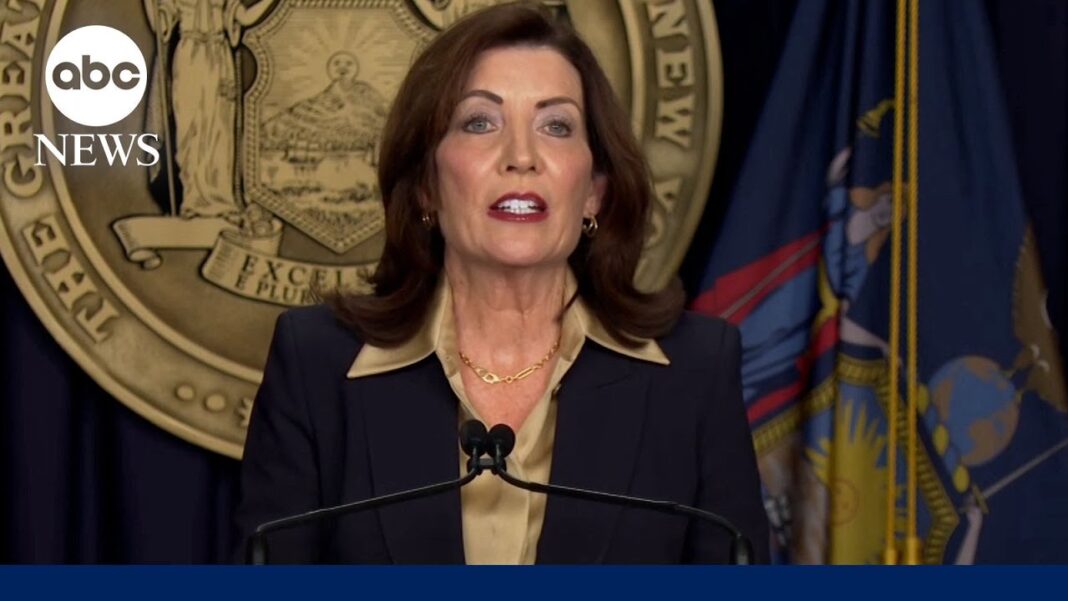‘My mind is a storm,’ the special government employee and technologist said.
OXON HILL, Md.—In a wide-ranging interview with NewsMax host Rob Schmitt, technologist and special government employee Elon Musk offered insights into what drives him.
Milei Brings Musk A Chainsaw to Cut Bureaucracy
Musk was announced on the day of his appearance on Feb. 20, the first day of the Conservative Political Action Conference (CPAC) in Maryland near Washington, D.C.
Musk leads the Department of Government Efficiency (DOGE), a temporary advisory body on a time limit that is housed in President Donald Trump’s executive order, as it targets what it calls waste, fraud, and abuse in federal spending for possible cuts.
It opened with a visual representation of cuts: just after Musk appeared on stage, Argentinian President Javier Milei came on stage and handed the sunglasses-wearing tech entrepreneur a chainsaw, which he used to promote his goals of slashing government waste during his candidacy for president.
“This is the chainsaw for bureaucracy!” Musk said, holding the tool aloft.
When Schmitt asked what it is like inside his head, the special government employee and technologist said: “My mind is a storm.”
Speaking to a receptive audience of conservatives—mostly American, though with a large international contingent—Musk related details of his childhood in South Africa, saying he had been steeped in American culture from a young age despite his physical distance from the country.
“I read comic books, and I played Dungeons and Dragons,” he said—the latter drawing a cheer from the crowd.
“America cared about being the good guys,” Musk told Schmitt. “That’s actually pretty unusual.
“You want to be on the side of good.”
Musk’s work on DOGE, which has reported $55 billion in savings to date, has been championed by many Republicans, including those on the House Committee on Oversight and Government Reform’s Subcommittee on Delivering on Government Efficiency.
At its first hearing on Feb. 12, Rep. Brandon Gill (R-Texas) drew attention to a $2.7 trillion estimate of improper government payments since 2003, a number furnished by the Government Accountability Office.
“We are uncovering what could be the biggest money laundering scandal in American history,” he said.






